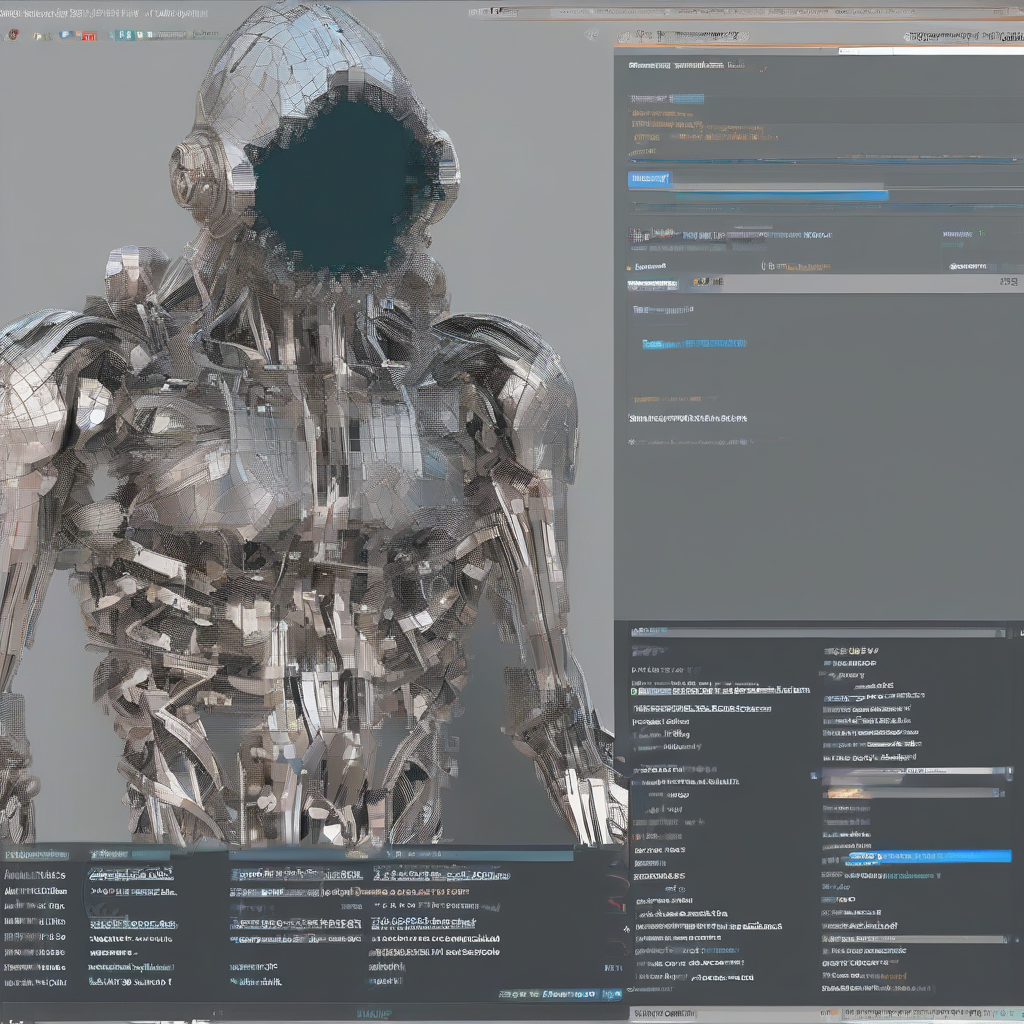Rear-End Accident Attorney: Your Guide to Seeking Justice and Compensation
Being involved in a rear-end accident can be a traumatic experience. From physical injuries to emotional distress, the aftermath can be overwhelming. Navigating the legal system and seeking fair compensation can feel like an uphill battle. This is where a skilled rear-end accident attorney can make all the difference.
What is a Rear-End Accident?
A rear-end accident occurs when one vehicle collides with the rear of another vehicle. These accidents are often caused by driver negligence, such as:
- Distracted driving (e.g., texting, using a phone, eating)
- Following too closely (tailgating)
- Drowsy driving
- Speeding
- Improper braking
- Failing to yield
- Sudden lane changes
The Importance of Legal Representation
After a rear-end accident, you may be dealing with:
- Physical injuries, such as whiplash, neck pain, back pain, and head injuries
- Emotional distress, anxiety, and PTSD
- Medical bills and lost wages
- Property damage
- Insurance claims and negotiations
A rear-end accident attorney can help you by:
- Investigating the accident: Gathering evidence, reviewing police reports, and interviewing witnesses.
- Assessing your injuries and damages: Evaluating the extent of your physical injuries and financial losses.
- Negotiating with insurance companies: Fighting for your rights and securing a fair settlement.
- Preparing for trial: Building a strong case and presenting evidence to the court.
- Representing you in court: Advocating for your best interests and seeking maximum compensation.
Common Legal Issues in Rear-End Accidents
Rear-end accidents often involve complex legal issues, such as:
- Negligence: Proving the other driver’s negligence was the cause of the accident.
- Comparative negligence: Determining if you shared any fault in the accident and reducing your compensation accordingly.
- Insurance claims: Dealing with insurance companies and navigating their claims process.
- Personal injury law: Understanding the legal principles governing liability and damages.
- Statute of limitations: Filing your claim within the specified time frame.
Seeking Justice and Compensation: Your Rights and Options
If you’ve been involved in a rear-end accident, it’s crucial to understand your rights and options. Here’s a breakdown:
1. Seek Medical Attention
Your health is the top priority. Seek medical attention immediately after the accident, even if you feel fine. This will document your injuries and establish a timeline for treatment.
2. Report the Accident
Report the accident to the police and obtain a copy of the accident report. This document will be crucial in your case.
3. Document the Accident
Take photos of the accident scene, including vehicle damage and any injuries. Gather contact information of witnesses and document details of the incident.
4. Contact Your Insurance Company
Inform your insurance company about the accident and follow their reporting procedures.
5. Consult with a Rear-End Accident Attorney
Don’t hesitate to seek legal advice. A qualified attorney will assess your case, explain your rights, and guide you through the legal process.
What to Expect When Working with a Rear-End Accident Attorney
Here’s a typical process involved when working with a rear-end accident attorney:
- Initial consultation: Discuss the accident, your injuries, and legal options. The attorney will assess your case and answer your questions.
- Case evaluation: The attorney will gather information, review documents, and determine the strengths and weaknesses of your case.
- Negotiations: The attorney will negotiate with insurance companies on your behalf to secure a fair settlement.
- Litigation: If a settlement cannot be reached, the attorney will prepare and file a lawsuit to pursue compensation through court proceedings.
Finding the Right Rear-End Accident Attorney
Choosing the right legal representation is crucial. Consider these factors:
- Experience: Look for an attorney with a proven track record in handling rear-end accident cases.
- Reputation: Research the attorney’s reputation and client reviews.
- Communication: Choose an attorney who communicates clearly and effectively, keeping you informed throughout the process.
- Fees: Discuss the attorney’s fees and payment structure upfront.
Conclusion
If you’ve been involved in a rear-end accident, don’t navigate the legal system alone. An experienced rear-end accident attorney can provide you with the support, guidance, and legal representation you need to fight for justice and compensation. Remember, your well-being is paramount, and seeking legal help is a wise decision in these challenging situations.




